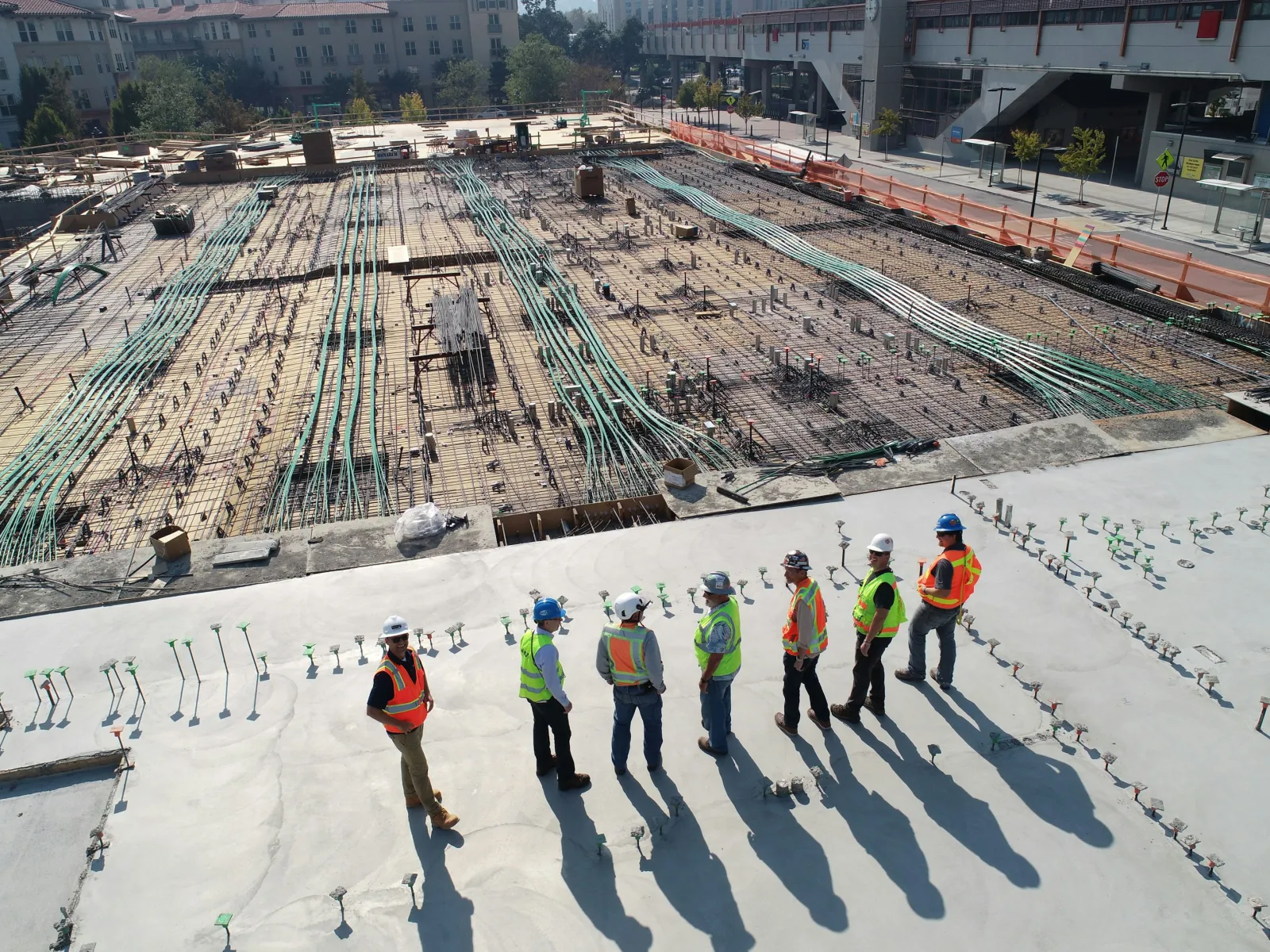
Prevailing Wage and Davis-Bacon Compliance in West Virginia
eMars provides certified payroll and compliance solutions tailored primarily for federal projects and select state jurisdictions. While many agencies accept the standard WH-347 form, some states will require their own form. For questions about supported jurisdictions, please contact our team directly.
Components of Wage Determinations
Federal wage determinations for West Virginia include:
- Basic Hourly Rate: The minimum wage rate paid directly to workers in a specific job classification.
- Fringe Benefits: Additional compensation such as health insurance, pensions, or paid leave. Under Davis-Bacon, contractors can either provide the required fringe benefits or pay the equivalent in cash on top of the basic rate.
- Total Hourly Rate: The sum of the introductory hourly rate and fringe benefits.
For federally funded projects in West Virginia, contractors must comply with the wage determinations listed for each classification under Davis-Bacon, ensuring the total pay meets or exceeds the combined hourly and fringe rates.
Compliance for Contractors and Subcontractors
Contractors and subcontractors working on federally funded public works projects in West Virginia must:
Identify Applicable Wage Determinations
Identify Applicable Wage Determinations
Submit Certified Payroll Reports
Submit Certified Payroll Reports
Pay the Correct Wage and Fringe Benefits
Pay the Correct Wage and Fringe Benefits
Post Wage Rates On-Site
Post Wage Rates On-Site
Maintain Proper Documentation
Maintain Proper Documentation
Penalties for Non-Compliance
While West Virginia doesn't have state-specific penalties, federal law imposes strict consequences for Davis-Bacon Act violations, including:
-
Payment of back wages for underpaid workers
-
Civil and administrative penalties
-
Debarment from future federal contracts
-
In extreme cases involving fraud, criminal penalties may apply

Unique Aspects of West Virginia's Public Works System
Repeal of the State Prevailing Wage Law: West Virginia once had a statewide prevailing wage law for public works, but it was repealed in 2016.
Reliance on Federal Davis-Bacon for Funded Projects: With no state-level wage mandates, federally funded or assisted construction projects in West Virginia default exclusively to Davis-Bacon rules.

Relevant Resources
- U.S. Department of Labor Davis-Bacon Wage Determinations: Wage Determinations Online
- U.S. Department of Labor Wage and Hour Division: Davis-Bacon and Related Acts
For the most accurate and current information on prevailing wage requirements, consult the U.S. Department of Labor or your state's official labor website.
West Virginia Prevailing Wage FAQs
Does West Virginia have a State Prevailing Wage Law?
No. West Virginia repealed its state prevailing wage law in 2016, so there is no statewide requirement for projects funded solely with state money. Federally funded or assisted projects, however, are still subject to Davis-Bacon requirements.
How are wage rates determined for federally funded projects in West Virginia?
The wage rates come from federal Davis-Bacon wage determinations, which specify both the basic hourly rate and fringe benefits for each classification of worker. Contractors must use the appropriate county-specific wage schedules listed on SAM.gov.
Are fringe benefits mandatory under Davis-Bacon in West Virginia?
Fringe benefits are part of the total prevailing wage rate. Contractors can provide them via bona fide benefits (e.g., health insurance, retirement) or by paying that equivalent amount in cash on top of the worker's basic hourly rate.
Does partial federal funding trigger Davis-Bacon requirements in West Virginia?
Yes. Whenever a project receives any amount of federal funding or assistance—regardless of whether it's partial or full—Davis-Bacon rules apply if the total construction cost meets or exceeds $2,000. Even if the project is also funded by state or local sources, the federal portion makes it subject to Davis-Bacon prevailing wage standards.

